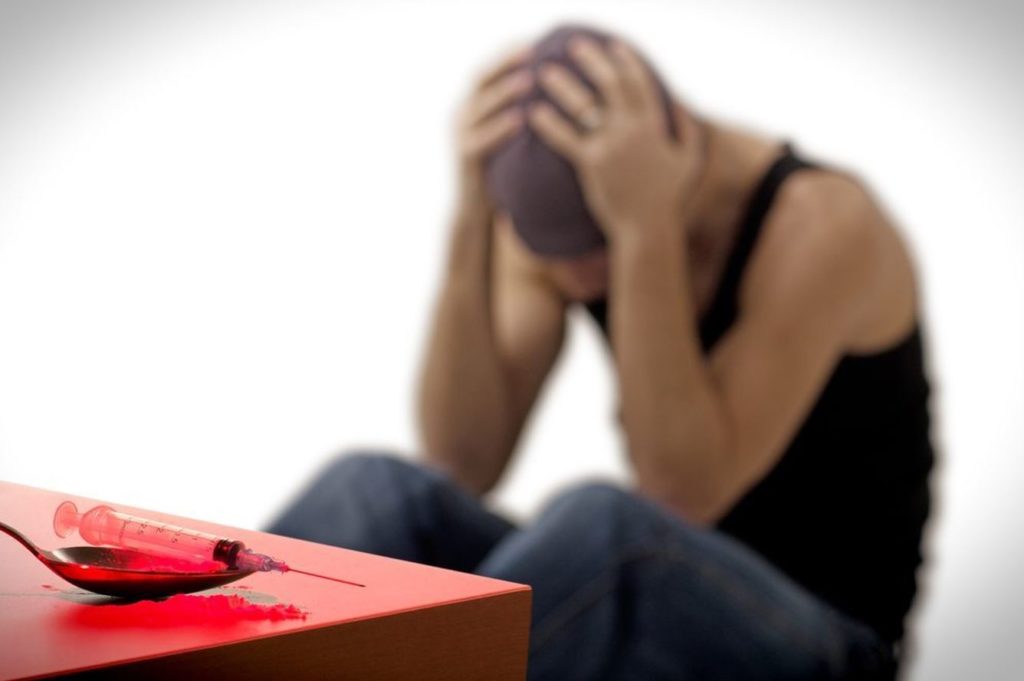With the COVID-19 virus tightening its grip over the whole world, the citizens are left struggling with not just the pain of losing their loved ones, but also depression, anxiety and a looming sense of bitter loneliness.
While those affected suffer in quarantine on hospital beds, living off ventilators, their lungs eroding and their eyes in search of a familiar face, the healthy ones are also stuck in their homes practicing social distancing.
In such difficult times, those who battled a substance use disorder and are still in the recovery phase struggle to cope up with intense cravings while confined within the walls of their homes.
Not all Infected, but Surely Affected
The necessary precautions that everyone is strictly required to follow in order to stay safe and prevent the spread of covid-19 is taking a toll on the mental health of those who are emotionally vulnerable, with the recovering addicts particularly at risk.
The addicts aren’t just more susceptible to the virus but may also find it harder to get proper care since the health care system in numerous countries is handicapped by workforce shortages and the over-reliance of patients on hospital-based care.
In addition to this, those who are strictly following the precautionary measures and trying their best to stay safe during the outbreak, are facing serious issues with maintaining their recovery status.
Thus, there are chances of the situation turning into an addiction epidemic in midst of a global pandemic, since not many recovering addicts are coping up well with social distancing and the waves of anxiety that come with it every day.
Moreover, the reduced access to recovery support services is making it even harder for the addictive individuals to fight a relapse, considering the fact that social support plays an important role in the overall recovery process.
Hence, it is important for recovering persons to leverage other tools for protection against relapse, such as staying engaged in virtual support program, practicing meditation, reading literature focused on recovery, finding new hobbies, and being creative.
All in all, one can overcome the challenge of fighting a relapse by staying connected and following some basic tips.
